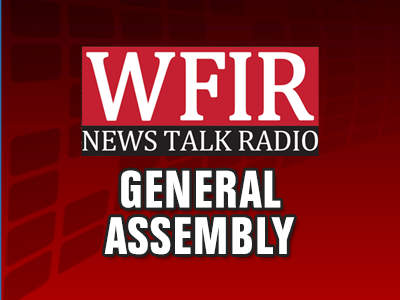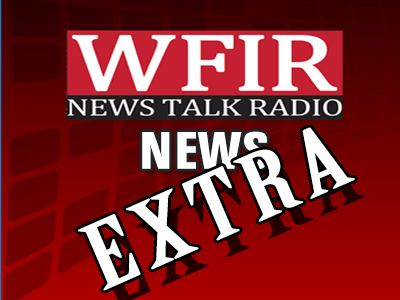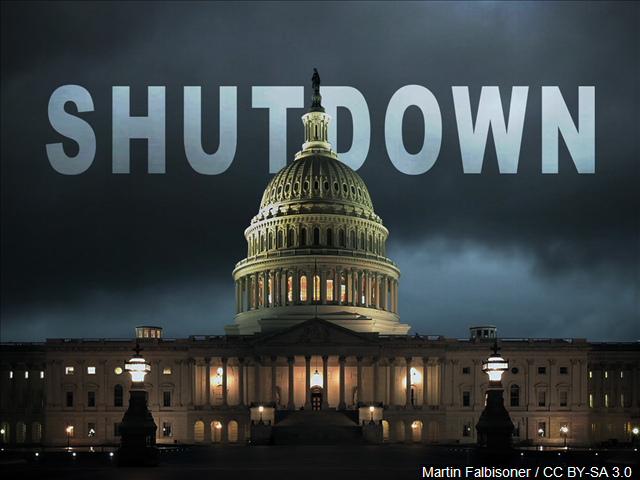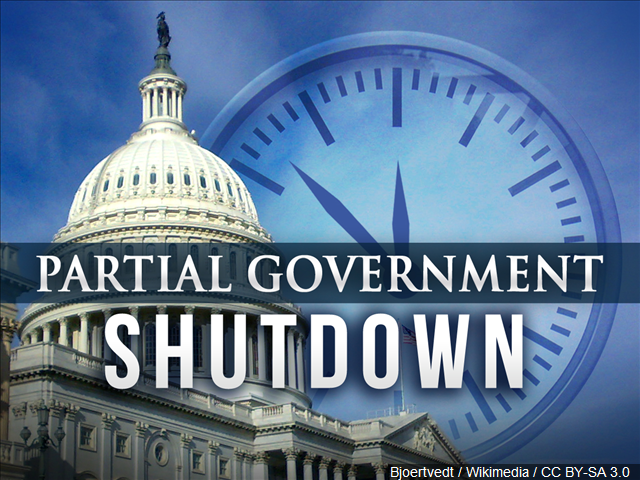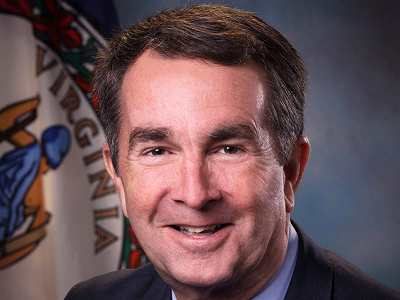RICHMOND, Va. (AP) – A proposal to update Virginia’s definition of a hate crime to include gender,...
State and National Government
A renewed effort is underway to end Virginia’s practice of suspending drivers’ licenses for people convicted of...
RICHMOND, Va. (AP) _ A bill aimed at prohibiting the formation of “sanctuary cities” in Virginia has...
At a news conference in the state capitol this afternoon a group of state lawmakers including Roanoke...
Virginia lawmakers are being asked to ratify the Equal Rights Amendment this winter. Supporters say that would...
(Fox News) A Virginia woman whose husband is currently furloughed by the government shutdown has won $100,000...
Supporters and opponents of a proposed toll system for Interstate 81 in Virginia are presenting their arguments...
A study of the states most affected by the partial government shutdown has Virginia ranked 6th. Which...
RICHMOND, Va. (AP) — Virginia Gov. Ralph Northam called on lawmakers Wednesday to raise teacher pay and...
The partial federal government shutdown is three weeks old as of tomorrow, with little sign of any...
Governor Ralph Northam’s State of the Commonwealth Address will touch on a variety of topics tonight. What...
Virginia’s U.S. Senators joined some of their Democratic colleagues in addressing the chamber in response to President...
Virginia lawmakers are back in Richmond to begin this year’s General Assembly session. It is the shorter...
Its the first day of the 2019 General Assembly session. You could also call it “Mister McNamara...
RICHMOND, Va. (AP) _ Democratic Gov. Ralph Northam and several Republican lawmakers are tentatively backing a plan...

